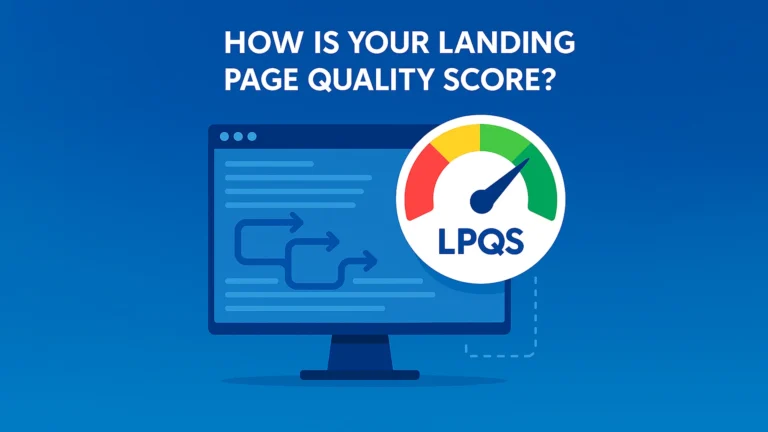The negative impact of close variant matches on overall performance will result in increased challenges over time. Here is an approach to solve the hidden problems with “non-significant” searches and save budgets before it’s too late.
The number of close variant matches has increased because the correlations to your search terms are getting fuzzier. This incremental traffic is lower quality and negatively impacts your overall performance. Let’s explore some strategies to solve this problem.
Close variants trigger more and more completely new queries
It seems that Google is forcing close variant matches to bring more traffic to the advertiser’s accounts. Since September we observed an increase of over 50% in unique queries per month. This happened to exact match keywords without changing anything on bidding settings. For us, it’s no question that we’ll see further growth of close variants.

Where exact negatives fail, broad n-gram negatives is the solution
We saw some Google Ads scripts for setting negative keywords for every close variant that appeared for your exact keyword. Maybe this approach was ok for a while, but now we face a different situation. We found examples of exact match keywords with hundreds of different queries that were triggered by close variants. The problem probably won’t be the limit of 5000 negative keywords per ad group.
Since September 2020 a lot of those queries are hidden in the search query performance report—this is a big problem. You should use 1-gram negatives in broad to block not only seen queries but also block future slightly different queries.
There are examples of exact match keywords with hundreds of different queries that were triggered by close variants. Not only seen queries but also slightly different variations need to be blocked.
For clean exact traffic, SKAGs can be the solution
We mentioned negative keyword limits before. If you have ad groups with a lot of keywords, limits will come in play. Setting negatives will also become more complex because of side effects of different keywords: A close variant negative for keyword A can also block the keyword B, that targets exactly that query, in the same ad group.
If you mix up keyword match types within the same ad group or run Dynamic Search Ads, we see no way of cleaning the traffic. Single keyword ad groups worked great in the past. For us, this is also the best structural approach to get rid of those close variants from your exact match keywords in combination with an n-gram negativation strategy on ad group level.
Is it worth the effort? If you’re a high ad spender: Yes. Just look at the bad performance numbers of close variant matches. Use our free tool to check your own performance. If you need an automated solution for publishing g-gram negative keywords directly into your accounts via API, get in touch with us.
Key takeaways
???? You should use 1-gram negatives in broad to block not only seen queries but also block future slightly different queries.
???? Single keyword ad groups, which were highly effective in the past, can serve as an optimal structural approach for eliminating close variants from your exact match keywords. This can be achieved by combining them with an n-gram negation strategy at the ad group level.





